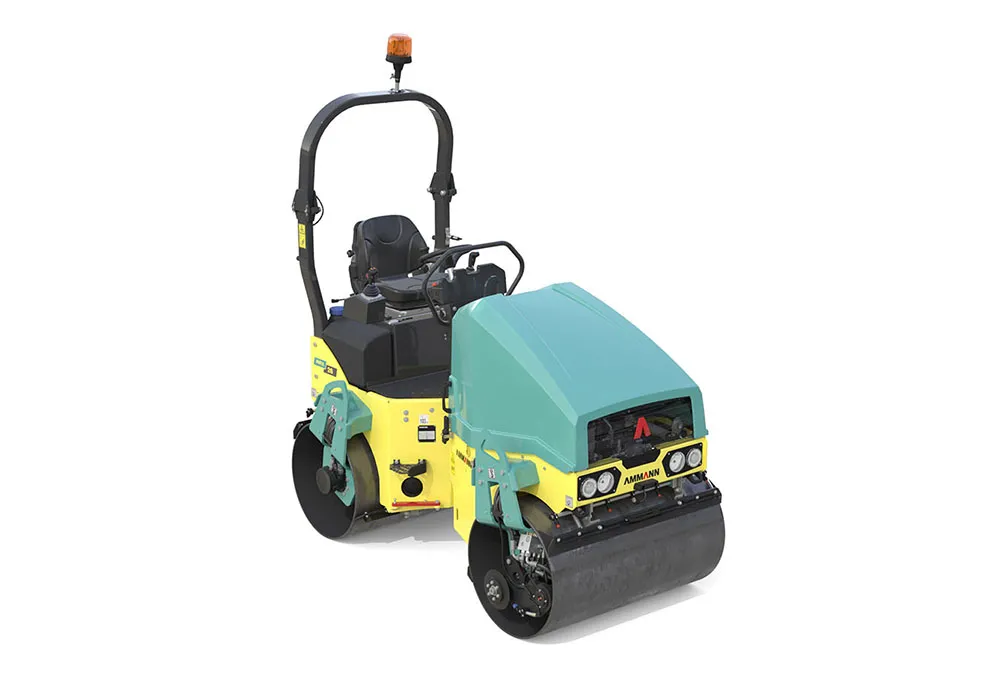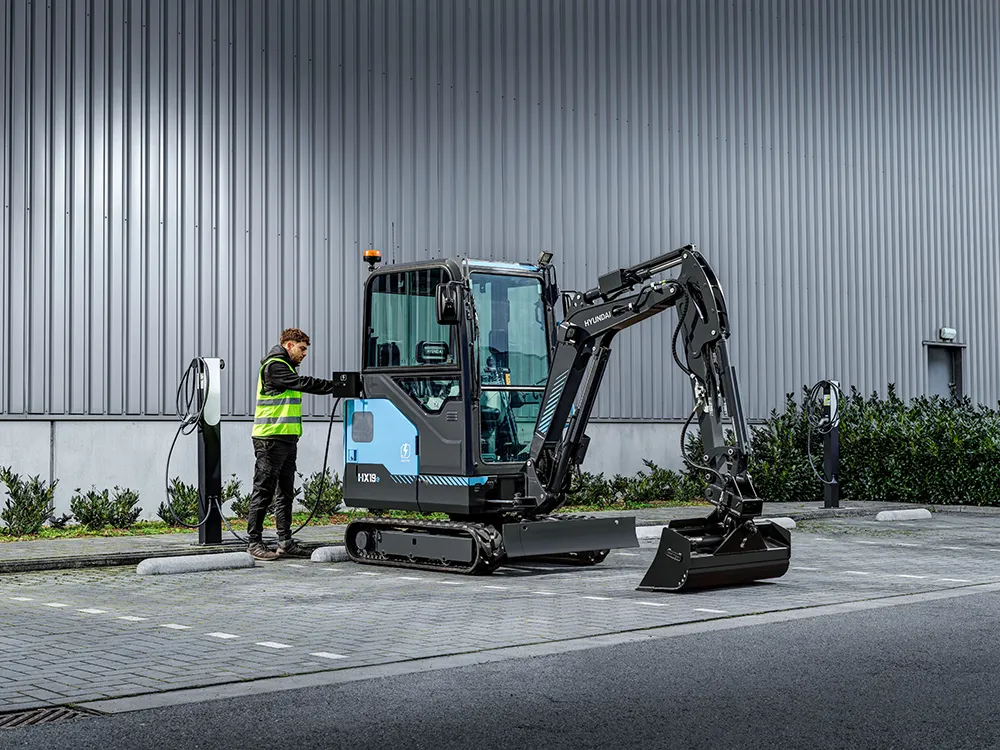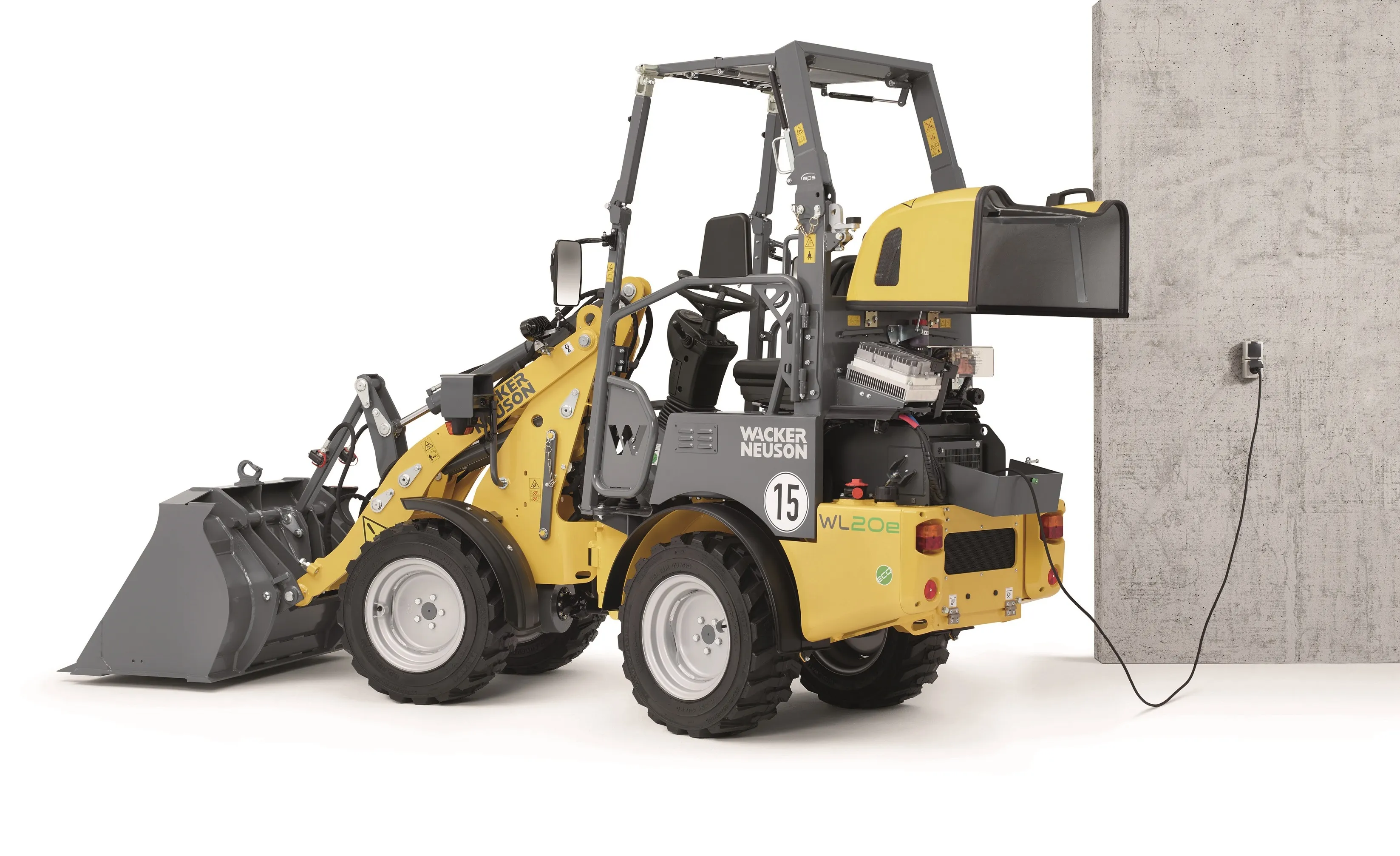A team of engineering and science students in the Eindhoven University of Technology in Holland have constructed the world’s first solar powered family car. This four-seater is claimed to be able to travel nearly 600km on a sunny day while carrying four people.
January 21, 2014
Read time: 2 mins
A team of engineering and science students in the Eindhoven University of Technology in Holland have constructed the world’s first solar powered family car. This four-seater is claimed to be able to travel nearly 600km on a sunny day while carrying four people. Solar panels mounted on the roof charge the onboard battery pack, which in turn drives the electric motor and even if there is no sun, the fully-charged batteries allow the vehicle to travel around 400km before recharging is required. Weighing just 380kg the lightweight and highly aerodynamic vehicle is made largely from carbon fibre. Comfort was not at the forefront during the design process however and nor was visibility as the layout of the solar array means rearward vision for the driver is poor.
The vehicle has been developed to compete in the solar powered car race across Australia and will be tested extensively first before racing commences. Neither the power of the electric motor nor the speed the car is able to attain have been revealed, although it is unlikely to be able of delivering tarmac ripping acceleration.
The vehicle has been developed to compete in the solar powered car race across Australia and will be tested extensively first before racing commences. Neither the power of the electric motor nor the speed the car is able to attain have been revealed, although it is unlikely to be able of delivering tarmac ripping acceleration.









